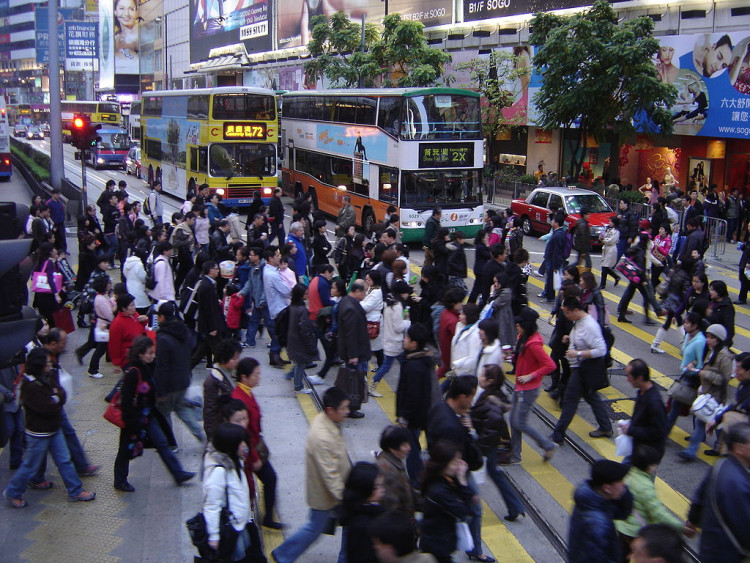Forecasts show new cancer cases in Hong Kong will increase by 30 up to 40 percent by the year 2030. The projection was part of the Hong Kong Cancer Registry's latest statistics, showing new cases in 2016 were significantly high with 31,468 people diagnosed, which is 1,150 more compared to the previous year.
Registry director Dr. Wong Kam-hung said the number of people confirmed to have cancer would further increase over the next few decades. By the year 2030, the new cases will rise by about 30 to 40 percent, when compared with the latest estimation from 2016. The types of cancer expected to see a huge rise include lung, colorectal, and breast cancer - each forecast said to jump by 40 percent, the South China Morning Post reported.
Dr. Wong noted the projection was based on the trends of new cases in previous years, as well as the changes in the population structure. He said the population is now aging, and age is one of the contributing factors to certain types of cancer. Although the total population increased by almost 0.7 percent each year, the figure revealed about 3 percent for those aged 65 or older.
More males were diagnosed with cancer than females over the past decades. In the latest statistics alone, about 16,035 men were newly identified with cancer in 2016, while 15,433 on women. However, the situation might change in the next decades as more women suffered from the disease due to the overall older population.
Dr. Wong said certain types of cancer were only found in women, including cervical and breast cancer, usually occurred at the aged between 45 and 64. He explained that when young women get older, the figures for those who have cancer likely increase.
The University of Hong Kong conducted a study to identify the risk factors for breast cancer for local women to find out what types of screening should be considered for those of different risk levels and whether universal screening should be launched as well. The government has also adopted screening to fight the diseases, like launching colorectal cancer screening in September 2016 and made it a regular program in August this year.
Meanwhile, the American Cancer Society updated its guideline in May, noting that such screening starts at the age of 45. Dr. Wong said there's no need to screen the younger group because almost 90 percent of Hong Kong's colorectal cancer cases occurred at age 50 or older.
Tim Pang Hung-cheong, a patients' rights advocate from the Society for Community Organisation, also suggested the government should come up with different approaches, like providing more resources for patient counseling, stepping up work on cancer prevention and detection, and better coordination of the range of treatment specialties.






